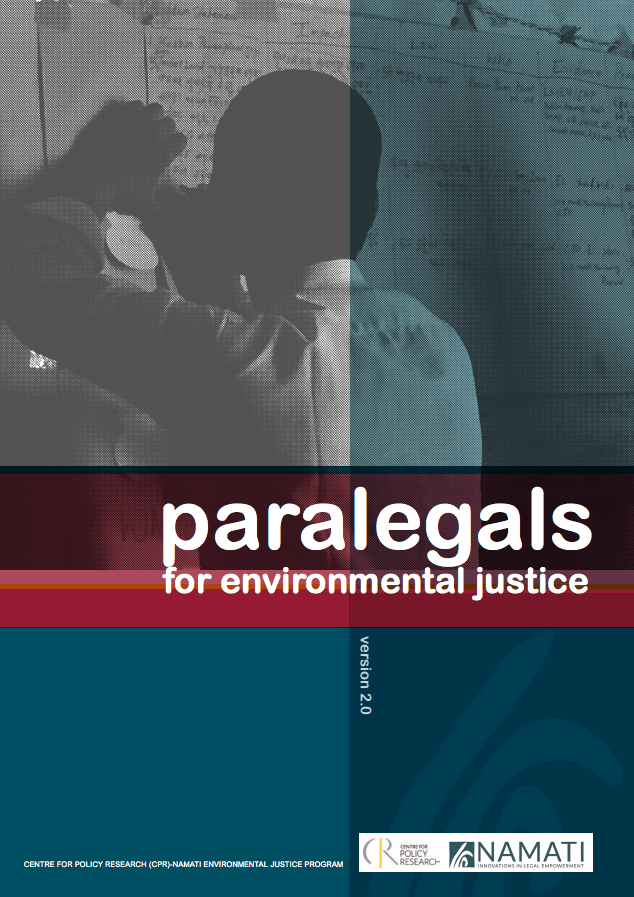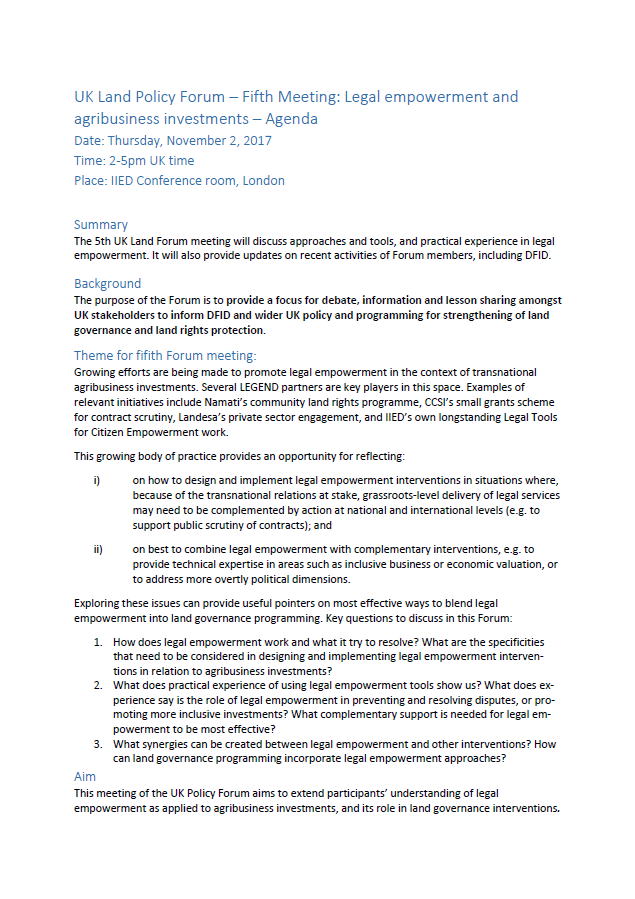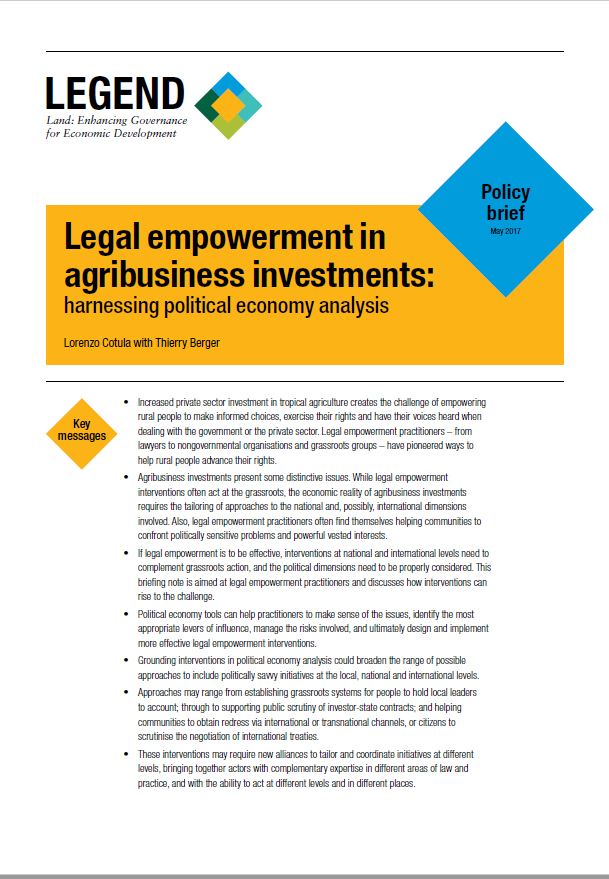Land Tenure in Rural Lowland Myanmar: From historical perspectives to contemporary realities in the Dry zone and the Delta
ABSTRACTED FROM EXECUTIVE SUMMARY: During the critical years following the 2012 land reforms undertaken in the midst of Myanmar’s political transition, Gret conducted an in-depth study combining qualitative and quantitative surveys in nine villages of Bogale and Mawlamyinegyun townships (Delta) and nine villages in Monywa and Yinmabin townships (Dry Zone).







